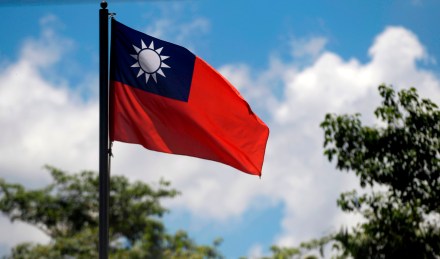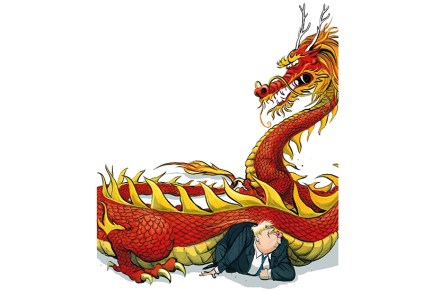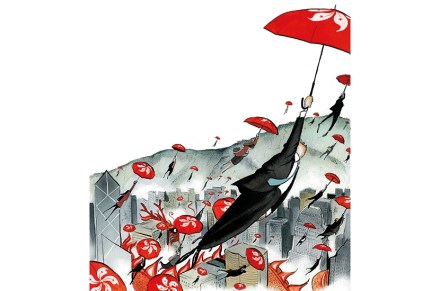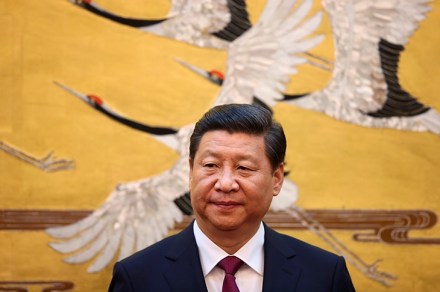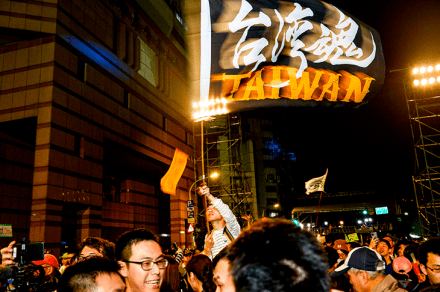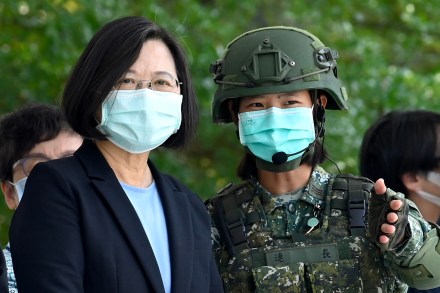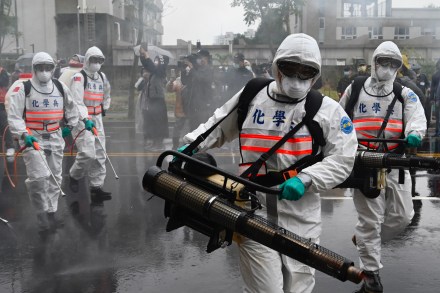Britain’s duty to Taiwan
It’s not often that a brass plate sparks a diplomatic incident, as happened this week in Vilnius. Lithuania invited Taiwan to establish a ‘Taiwan representative office’ in the capital. Beijing told Vilnius that the name was unacceptable, and ordered the government to replace the word ‘Taiwan’ with ‘Taipei’ or ‘Taipei City’. Lithuania held its ground, whereupon Beijing withdrew its ambassador and simultaneously expelled Lithuania’s woman in Beijing. There is more to this, as you might imagine, than meets the eye. Since its election of a centre-right government last October, Lithuania has been steadily reaching out to Taipei. There are good reasons for this, not least its own very recent history
